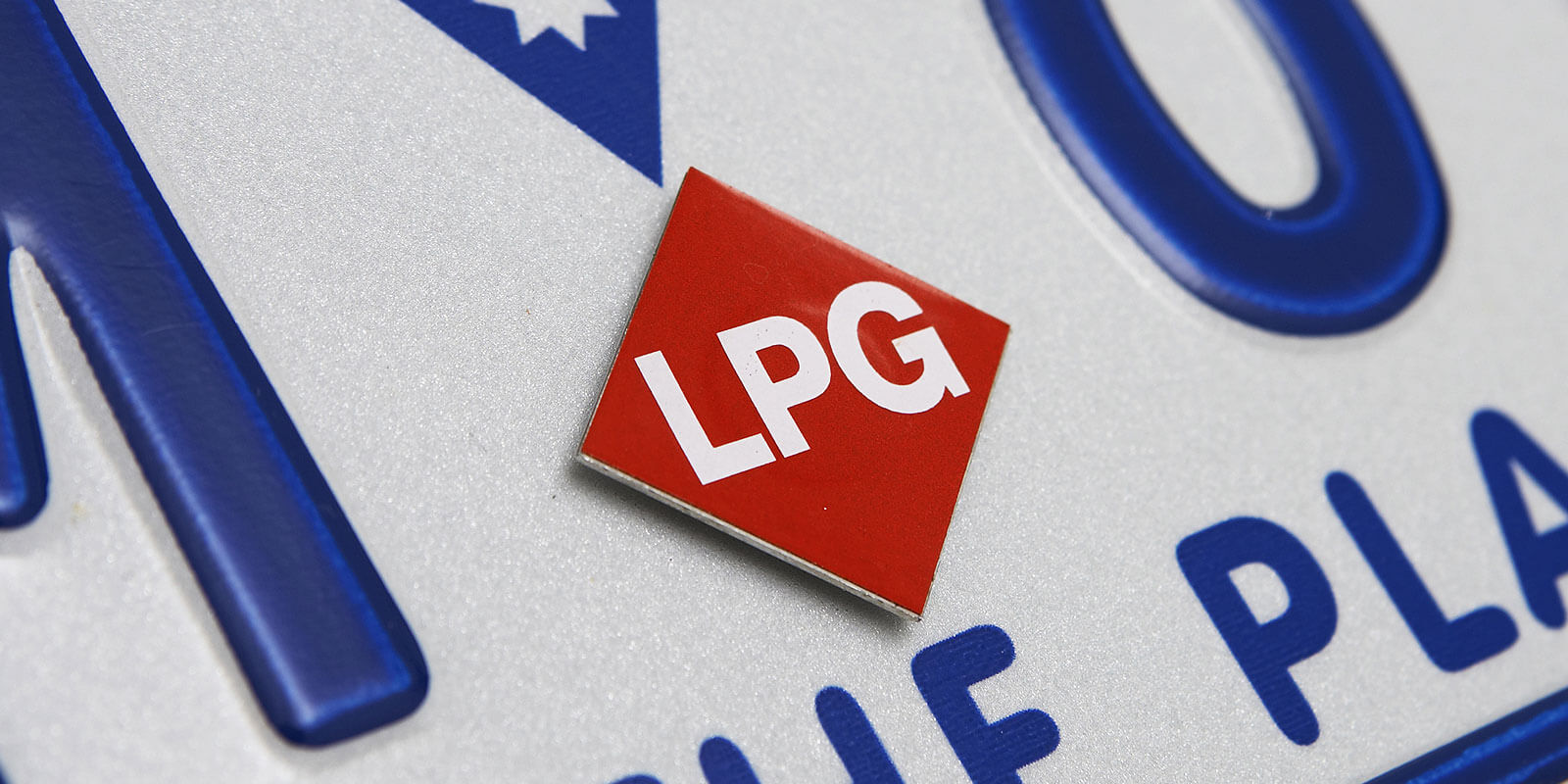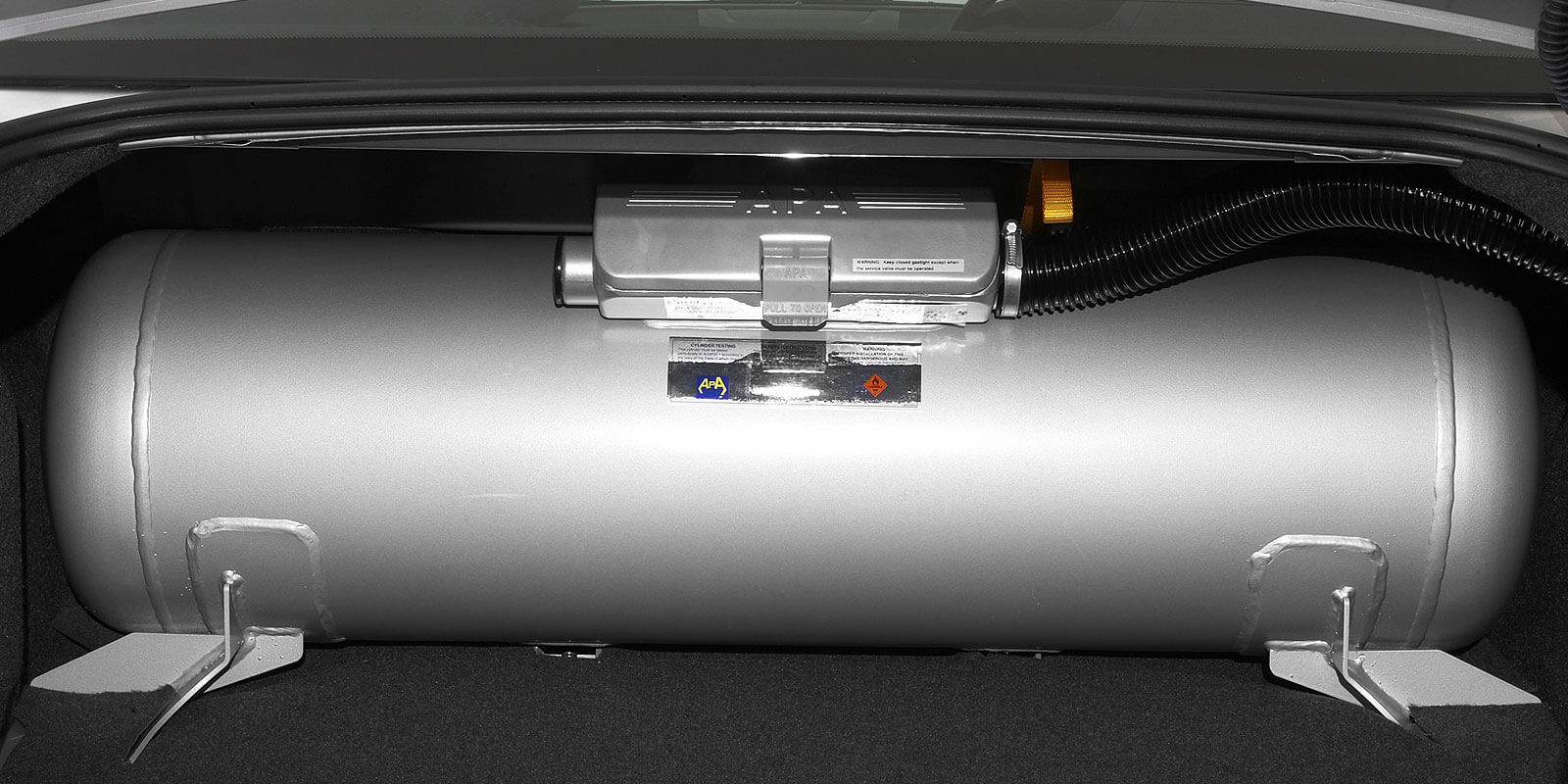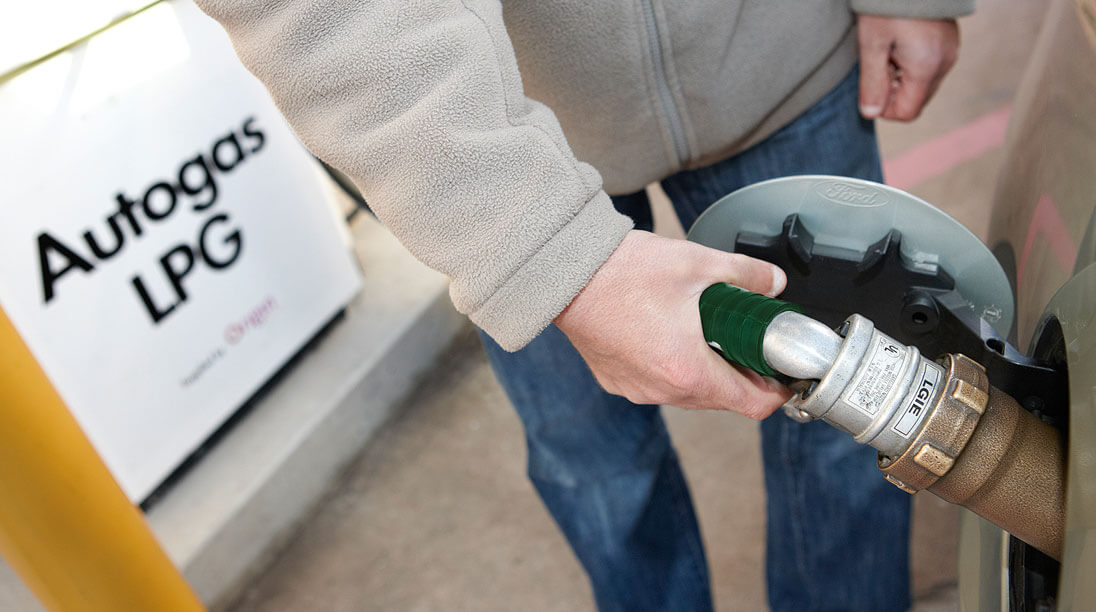The Autogas Vehicle Demand Study by Australian consulting firm ABMARC has found that vehicles fuelled by LPG, or autogas, could meet the future fuel demand for fleets because of low operating costs and reduced carbon and noxious emissions.
The study, funded jointly by the Victorian Government, the Victorian Automobile Chamber of Commerce (VACC) and Gas Energy Australia (GEA), is claimed to present a strong case for a dedicated conversion industry that would “reinvent” Australia’s declining car-making industry.
The latest report follows VACC and GEA proposals in 2014 to establish facilities in Victoria to convert new vehicles to LPG in response to announcements by Ford, Holden and Toyota to cease local car manufacturing. Ford and Holden had LPG-fuelled variants of its Falcon and Commodore large car but both have since been discontinued.
The 2014 proposal said it would create “up to 500 new jobs and make use of high-end skilled labour as conventional car manufacturing in Australia contracts”.
The VACC and GEA called for a prompt business case analysis of such a facility after Holden and Ford wound down their original equipment gas-vehicle offerings.
However, the gas industry believes the future for such a conversion plant would revolve around commercial vehicles rather than passenger cars.

GEA CEO John Griffiths said that with passenger-car fleets moving to smaller-engined vehicles to improve economy and with concerns about voiding warranties for new-car conversions, there was greater potential in the future for LPG in the light- and heavy-commercial vehicle sector.
“It has been done before with success,” he said. “The Holden Colorado was imported from Thailand and converted at a plant in Dandenong. That level of conversion is what is needed to get the process efficient.”
Mr Griffiths said buyers have been asking when OEM vehicles will be available with LPG but he said much of the market, particularly fleets, “had moved on from bigger cars”.
“Cars are smaller and fleets don’t want converted vehicles because it voids the new-car warranty,” he said.
“The question we have to ask ourselves is: Is there still demand for LPG vehicles and would people buy them or move on to hybrid or electric vehicles?”
Mr Griffiths said the study shows that autogas vehicles can play a major role in meeting the nation’s transport needs, while contributing to a cleaner and more secure energy future.
He said the outlook for LPG pricing remains positive.
“Increased supplies from the US associated with shale oil and gas developments will soon start finding their way to the Asia Pacific market via the recently enlarged Panama Canal,” he said. “This will exert downward pressure on Australian wholesale LPG prices.”
VACC CEO Geoff Gwilym said the study indicated that between 160,000 and 430,000 vehicles could be fitted with autogas conversions over the next seven years.

Mr Gwilym said those figures were dependent on vehicle availability and any change of government policies on environmental or fuel tax policies.
“The plant would create downstream opportunities for businesses that service the manufacturing industry,” he said.
“From a state and industry perspective, this initiative has the capacity to keep Victoria at the forefront of industry innovation.”
Mr Griffiths said the study was supported by a trial of LPG-fuelled Toyota Camry Hybrid taxis in Melbourne.
“The six-month trial of 13CABS taxis with the latest autogas engines found carbon reduction of 14.5 per cent compared with the standard petrol Camry Hybrid,” he said.
According to the report, “an autogas manufacturing facility would help protect local jobs through automotive innovation, by delivering products that improve the environmental impact and on-road costs of Australian vehicles”.
GEA said there are about 3600 Australians qualified to work on autoga s vehicles, with about 1700 of them in Victoria.
By Neil Dowling













 Read More: Related articles
Read More: Related articles

